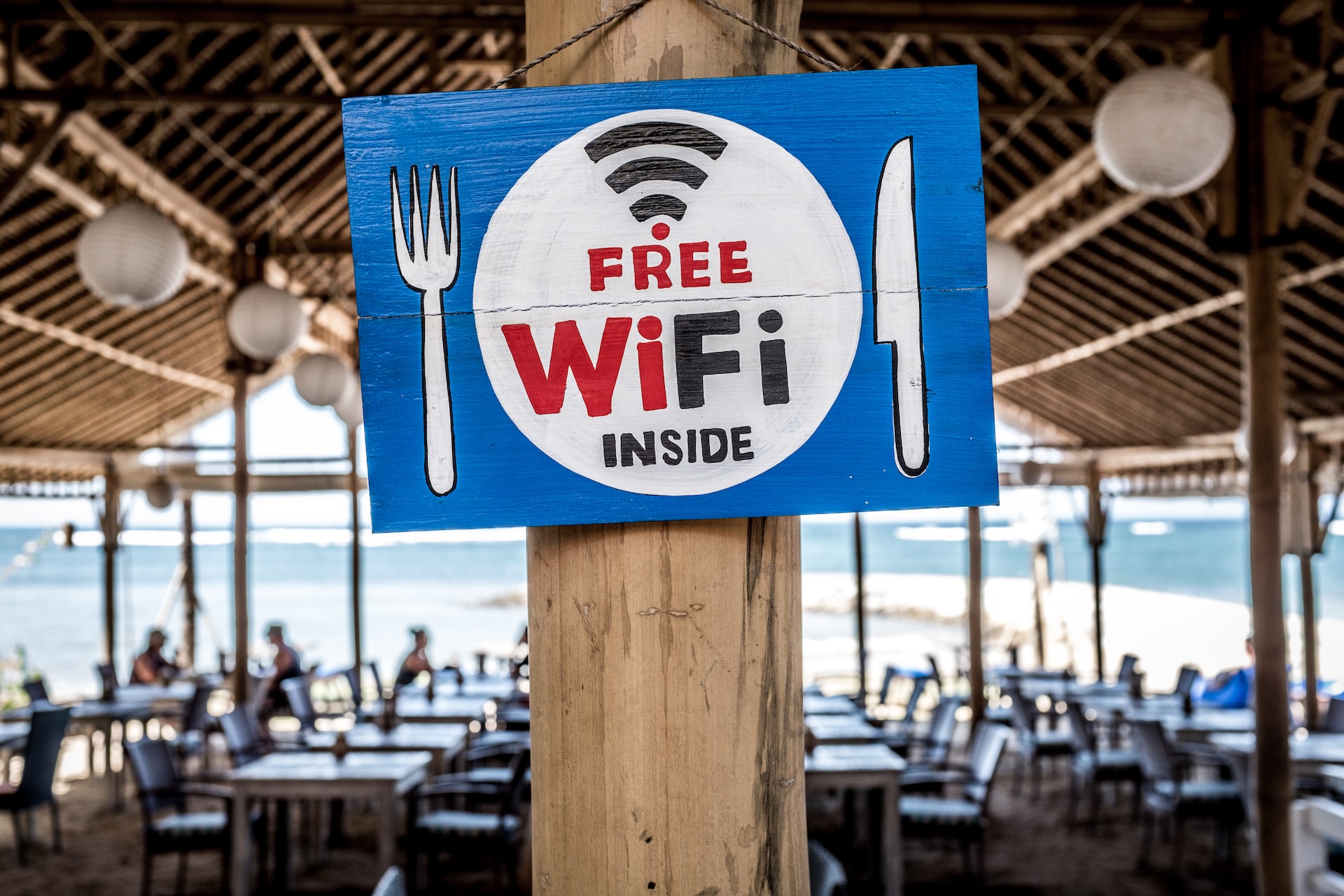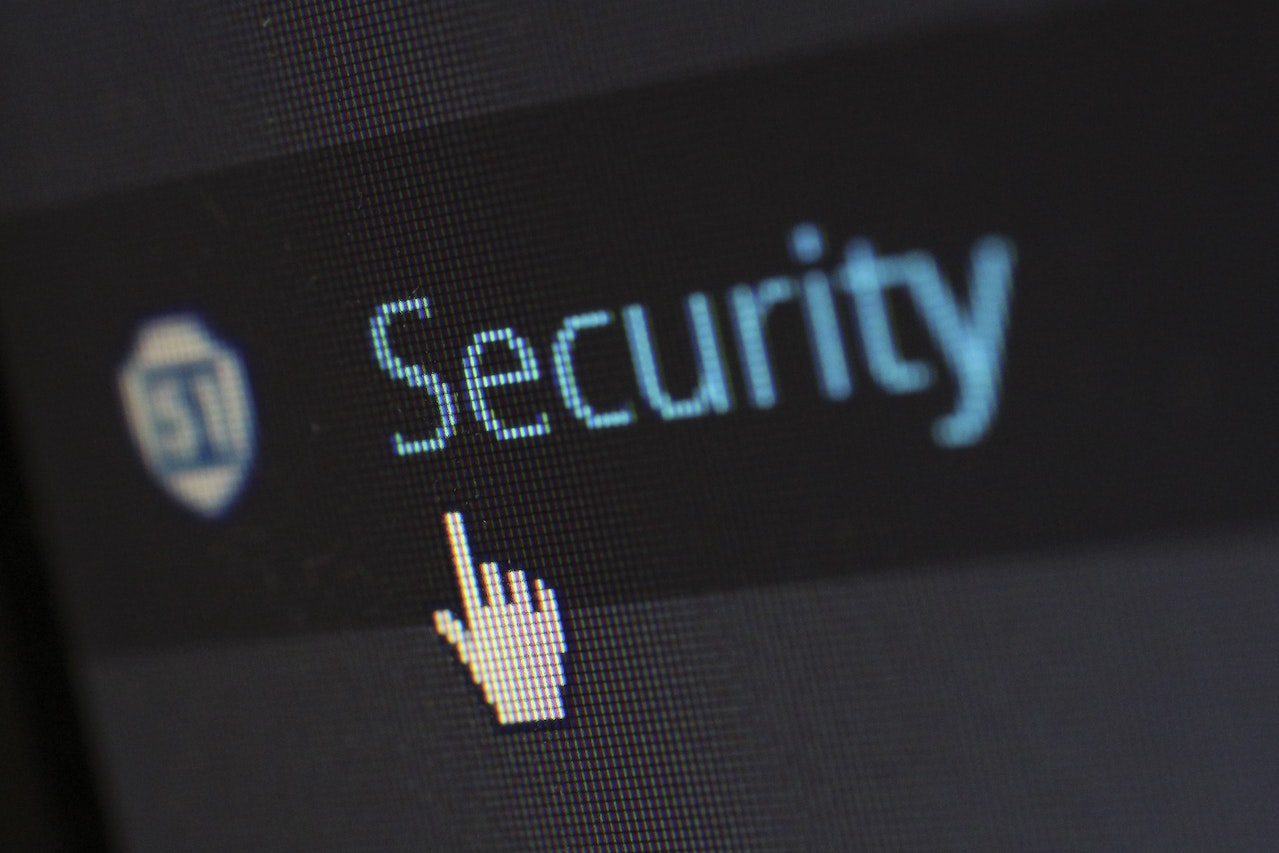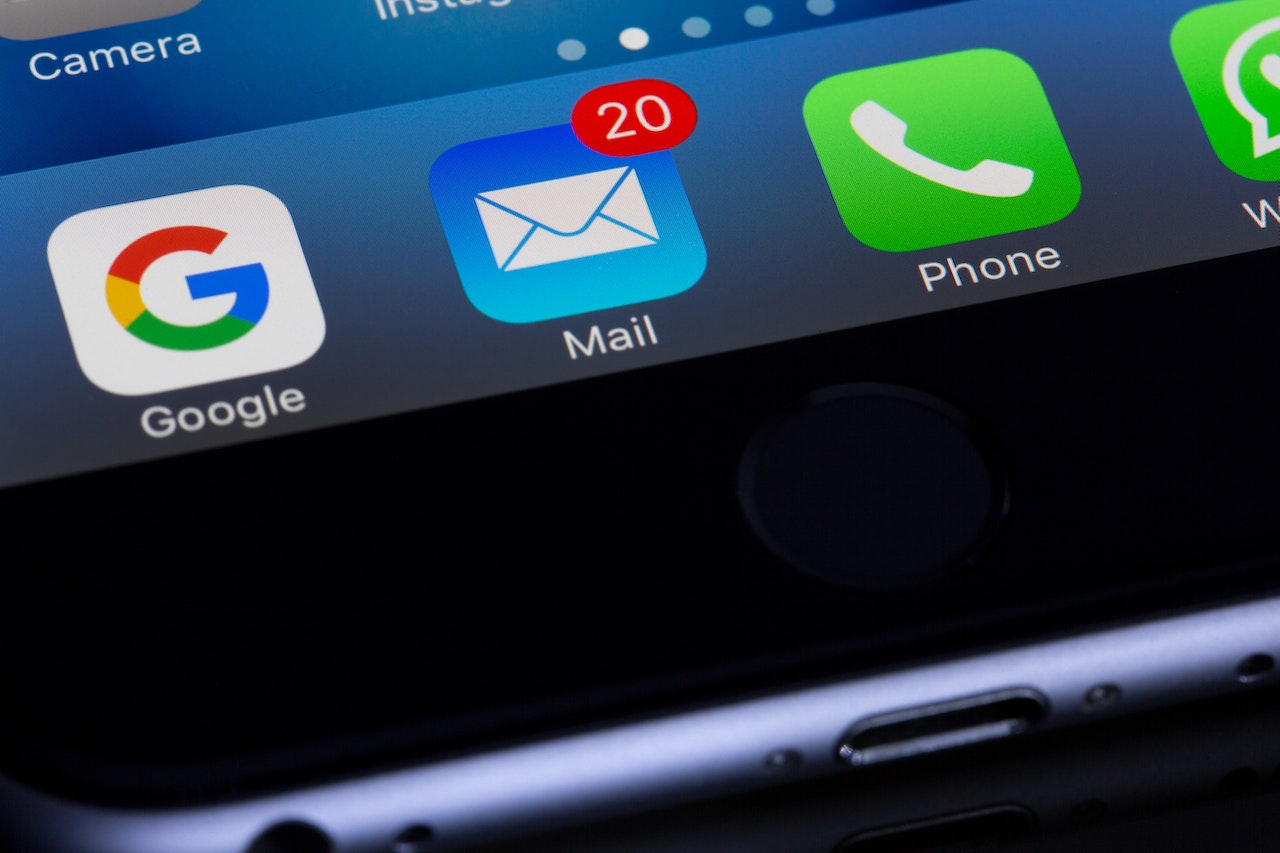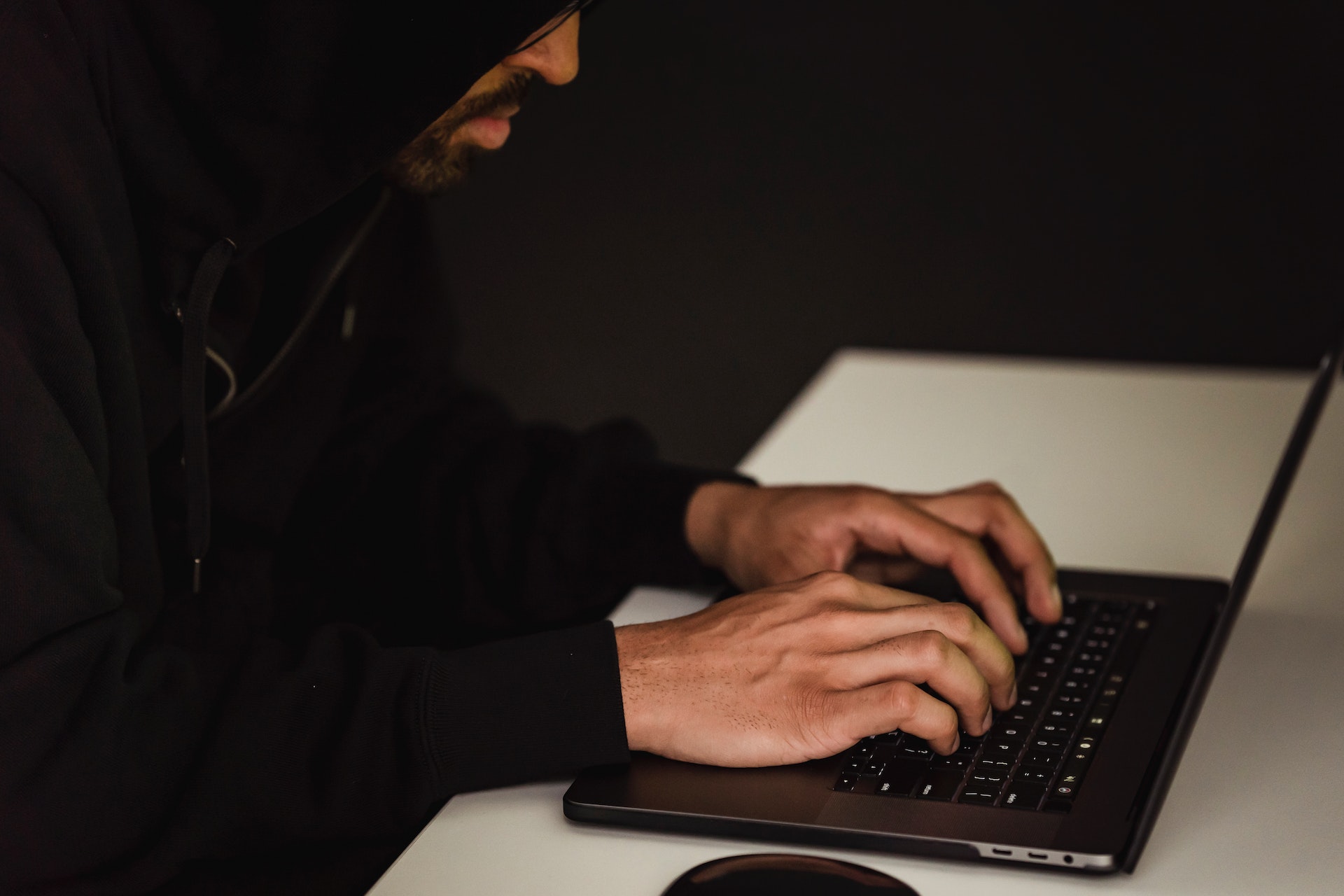As more and more people rely on the internet for communication, work, and entertainment, the use of public Wi-Fi has become increasingly common. Public Wi-Fi can be found in places like coffee shops, libraries, airports, and hotels, and while it can be convenient, it can also pose a risk to your online privacy.

Here are 7 tips for safeguarding your online privacy on public Wi-Fi:
Use a virtual private network (VPN)
A VPN is a tool that encrypts your internet connection and hides your online activity from third parties. When you use a VPN on public Wi-Fi, your data is secure because it is encrypted and sent through a private tunnel. This makes it much harder for hackers to intercept your data and steal sensitive information like passwords and financial details.
Use HTTPS websites
When you visit a website, look for the “https” at the beginning of the URL. This indicates that the website is using secure, encrypted connections. HTTPS websites are less likely to be compromised by hackers and provide an extra layer of protection for your online activity.
Don’t send sensitive information over public Wi-Fi
Whenever possible, avoid sending sensitive information like passwords, financial details, or personal identification over public Wi-Fi. If you need to send this type of information, consider using a secure, encrypted messaging app or wait until you have a secure, private connection.
Use two-factor authentication
Two-factor authentication (2FA) is an extra layer of security that requires you to enter a code sent to your phone or email in addition to your password when logging into an account. This makes it much harder for hackers to access your accounts, even if they manage to obtain your password.
Update your software and security measures
Make sure to regularly update your operating system, antivirus software, and other security measures. These updates often include important security patches and bug fixes that can help protect your online activity.
Use a firewall
A firewall is a security system that monitors and controls incoming and outgoing network traffic based on predetermined security rules. A firewall can help protect your device from malicious traffic and prevent hackers from accessing your information.
Be cautious of unknown Wi-Fi networks
While public Wi-Fi can be convenient, be cautious of unknown Wi-Fi networks. Hackers may set up fake Wi-Fi networks to lure in unsuspecting users and steal their information. If you are unsure about the legitimacy of a Wi-Fi network, it is best to avoid it and use a secure, private connection instead.
It is important to be aware of the potential risks to your online privacy when using public Wi-Fi. While it can be convenient to stay connected while on the go, hackers and other third parties may be attempting to intercept your data and steal sensitive information. By taking the necessary precautions and following the tips outlined above, you can protect yourself and your sensitive information while using public Wi-Fi.
One of the most effective ways to safeguard your online privacy on public Wi-Fi is by using a virtual private network (VPN). A VPN encrypts your internet connection and hides your online activity from third parties, making it much harder for hackers to intercept your data. In addition to using a VPN, it is also important to access HTTPS websites whenever possible, as these are less likely to be compromised by hackers and provide an extra layer of protection for your online activity.
Another key tip for safeguarding your online privacy on public Wi-Fi is to avoid sending sensitive information like passwords, financial details, or personal identification over public Wi-Fi. If you need to send this type of information, consider using a secure, encrypted messaging app or wait until you have a secure, private connection. Additionally, it is a good idea to use two-factor authentication (2FA) whenever possible, as this adds an extra layer of security to your accounts and makes it much harder for hackers to access them, even if they obtain your password.
Other important steps for safeguarding your online privacy on public Wi-Fi include regularly updating your software and security measures, using a firewall to monitor and control network traffic, and being cautious of unknown Wi-Fi networks. By following these tips and taking the necessary precautions, you can protect yourself and your sensitive information while using public Wi-Fi.




